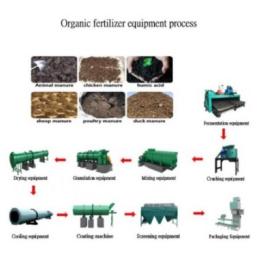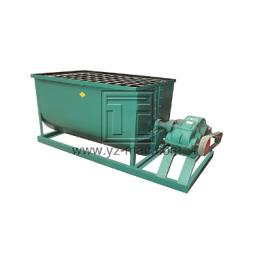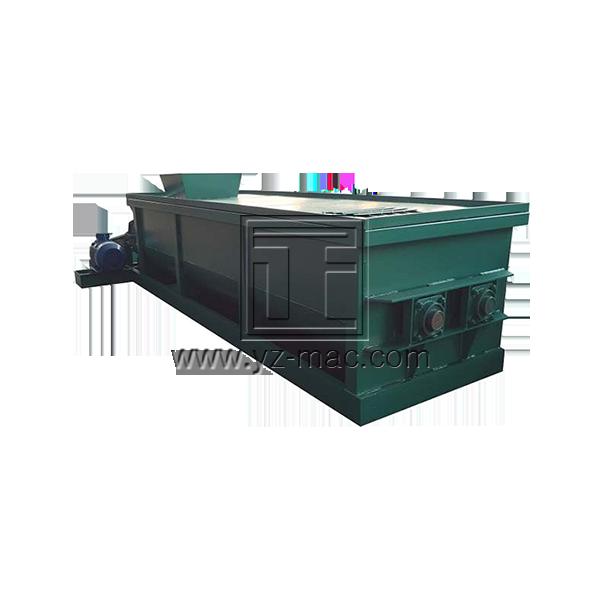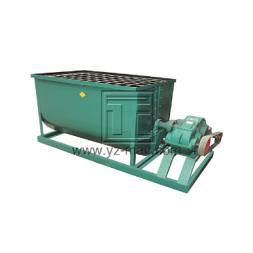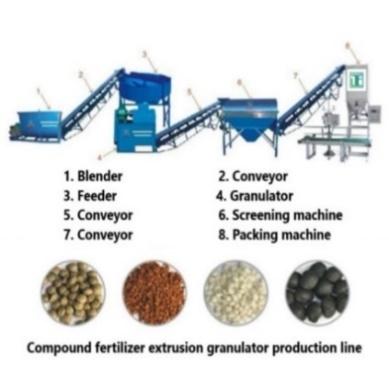Compost mixer
A compost mixer is a specialized machine used to thoroughly mix organic waste materials during the composting process. It plays a crucial role in achieving homogeneity and enhancing the decomposition process.
Homogeneous Mixing: Compost mixers are designed to ensure the even distribution of organic waste materials within the compost pile. They use rotating paddles, augers, or tumbling mechanisms to thoroughly mix the composting materials. This process helps blend different components, such as green waste, brown waste, and amendments, ensuring a consistent mixture.
Aeration Enhancement: Effective mixing promotes proper aeration in the compost pile. By breaking up clumps and redistributing the materials, a compost mixer helps to improve airflow throughout the pile. Adequate oxygen supply is essential for the growth of aerobic microorganisms that facilitate decomposition.
Speeding up Decomposition: The thorough mixing action of a compost mixer exposes a larger surface area of organic waste to microbial activity. This increased surface area accelerates the decomposition process, allowing microorganisms to break down the materials more efficiently. As a result, composting time can be reduced, leading to faster production of high-quality compost.
Particle Size Reduction: Some compost mixers also have the ability to reduce the particle size of organic waste materials. They may incorporate shredding or grinding mechanisms to break down larger pieces into smaller fragments. Reducing particle size increases the surface area available for microbial action and enhances the breakdown of organic matter.
Moisture Distribution: Proper mixing helps distribute moisture evenly throughout the compost pile. It ensures that all organic waste materials receive adequate moisture for decomposition. This uniform moisture distribution supports the growth and activity of microorganisms, contributing to optimal composting conditions.
Versatility: Compost mixers come in various sizes and configurations to accommodate different composting scales and requirements. They can be manual, motorized, or incorporated into larger composting systems. Some models are designed for small-scale home composting, while others are suitable for larger commercial operations.
Efficiency and Time Savings: Using a compost mixer increases the efficiency of the composting process by ensuring thorough and uniform mixing. It reduces the need for manual turning or mixing of the compost pile, saving time and labor. With consistent mixing, composting can proceed more efficiently, leading to improved compost quality.



